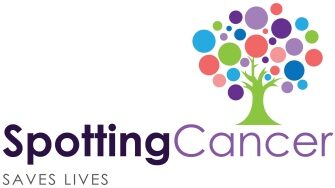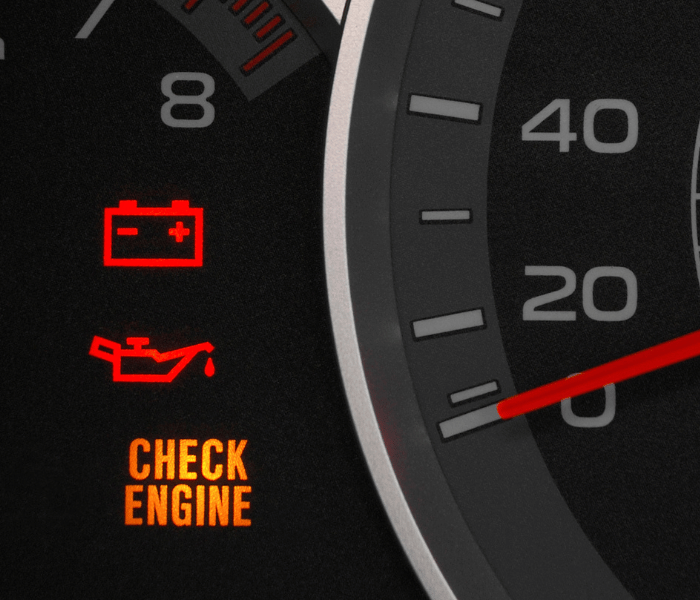But when it comes to our health, most of us are driving blind.
Modern life surrounds us with alert systems—dashboard indicators, smoke detectors, fitness trackers—each designed to protect us from danger. Yet we often fail to learn the most important alert system of all: the signals our bodies send when something’s wrong. And when it comes to cancer, not knowing what to watch for can be deadly.
Understanding Your Body’s “Manual”
The first step in paying attention to your health’s warning lights is knowing what the signs look like. Without that understanding, you’re unlikely to respond in time—or at all.
For example:
- Persistent bloating, pelvic pain, or changes in urinary habits could signal gynecological cancers.
- Changes in a mole’s shape or color might point to skin cancer.
- Unexplained fatigue, weight loss, or blood in the stool may be early signs of colorectal cancer.
These symptoms may be easy to brush off, but they are your body’s version of the blinking check engine light. And just like you wouldn’t drive if you were nearly out of gas, you shouldn’t ignore symptoms that persist or feel out of the ordinary.
Early Detection = Better Outcomes
When you know what symptoms to look for and take action early, your chances of survival rise dramatically. For instance:
- Colorectal cancer has a 91% five-year survival rate when caught early, but that drops to 11% when it’s detected at a later stage after spreading.
(Source: American Cancer Society) - Prostate cancer, caught in its earliest stages, has a nearly 100% five-year survival rate, compared to much lower survival when found after it spreads.
(Source: SEER – National Cancer Institute)
Why Don’t We Pay Attention?
Despite these clear advantages, many people delay screenings or dismiss symptoms. Fear, lack of time, and the “I’m probably fine” mindset stop people from taking potentially life-saving steps.
It’s the equivalent of ignoring a strange noise in your car or covering up a smoke detector with a towel because it’s too loud. Delaying care doesn’t make the problem go away—it makes it worse.
How to Stay Ahead of Serious Health Issues
Like any good driver reads the manual before getting on the road, you can prepare to recognize your body’s signals and respond appropriately. Here’s how:
- Learn the signs and symptoms by reviewing our 5 step process for cancer detection. Start here: https://spottingcancer.org/cancer-symptoms-and-signs/
- Learn your family history and talk to your doctor about personalized screening schedules.
- Stay up to date on routine screenings, like mammograms, colonoscopies, skin checks, and bloodwork.
- See a medical professional
Don’t Wait for the Alarm to Be Loud
Not every warning light flashes in red. Some are quiet and slow, like fatigue or appetite changes. But they matter. They’re the early signs your body uses to alert you before something more serious develops.
It’s time we treat our health the same way we treat our cars and homes—with proactive attention and care. Because when it comes to cancer, the earlier you act, the better your chances of a healthy outcome.
Your body has a warning system. Learn how it works. Pay attention. Act early. It could save your life.

